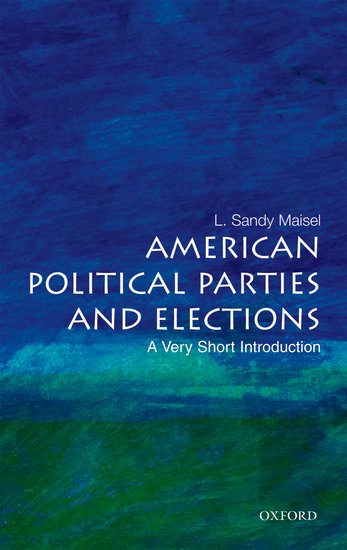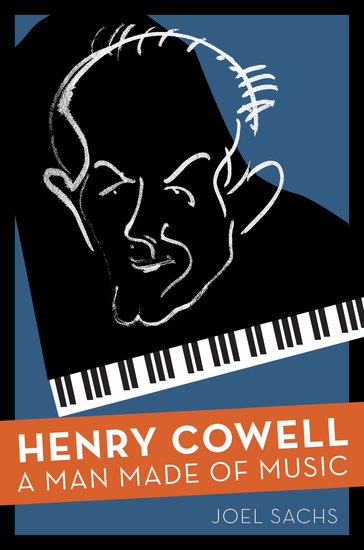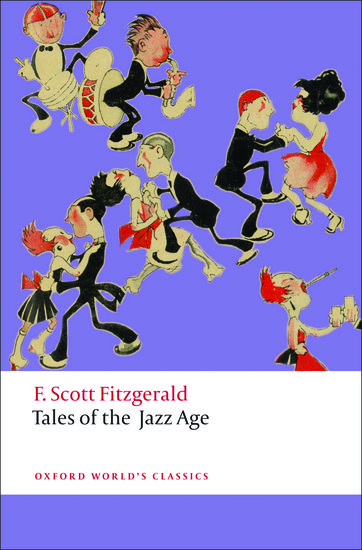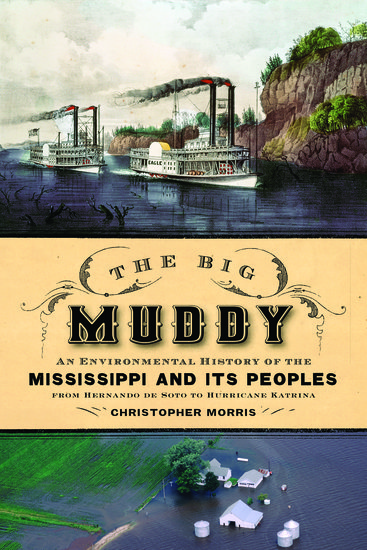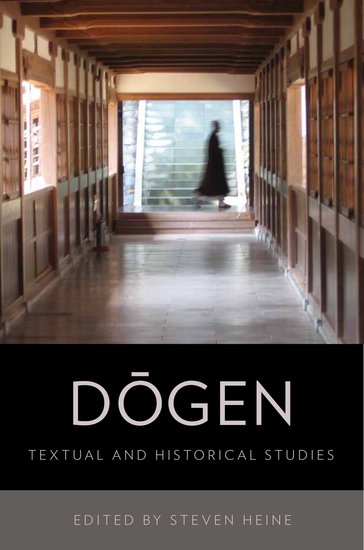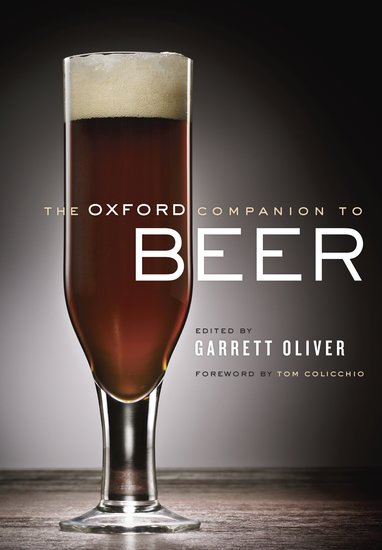Monthly etymology gleanings, part 1, September
By Anatoly Liberman
First and foremost, many thanks to those who have sent questions and comments and corrected my mistakes. A good deal has been written about the nature of mistakes, and wise dicta along the errare humanum est lines have been formulated. Yes, to err is human, but it is the stupidity and “injustice” of some mistakes that are particularly vexing.










